Through cloud computing platforms, artificial intelligence can process huge amounts of data in real time and track infectious disease outbreaks...
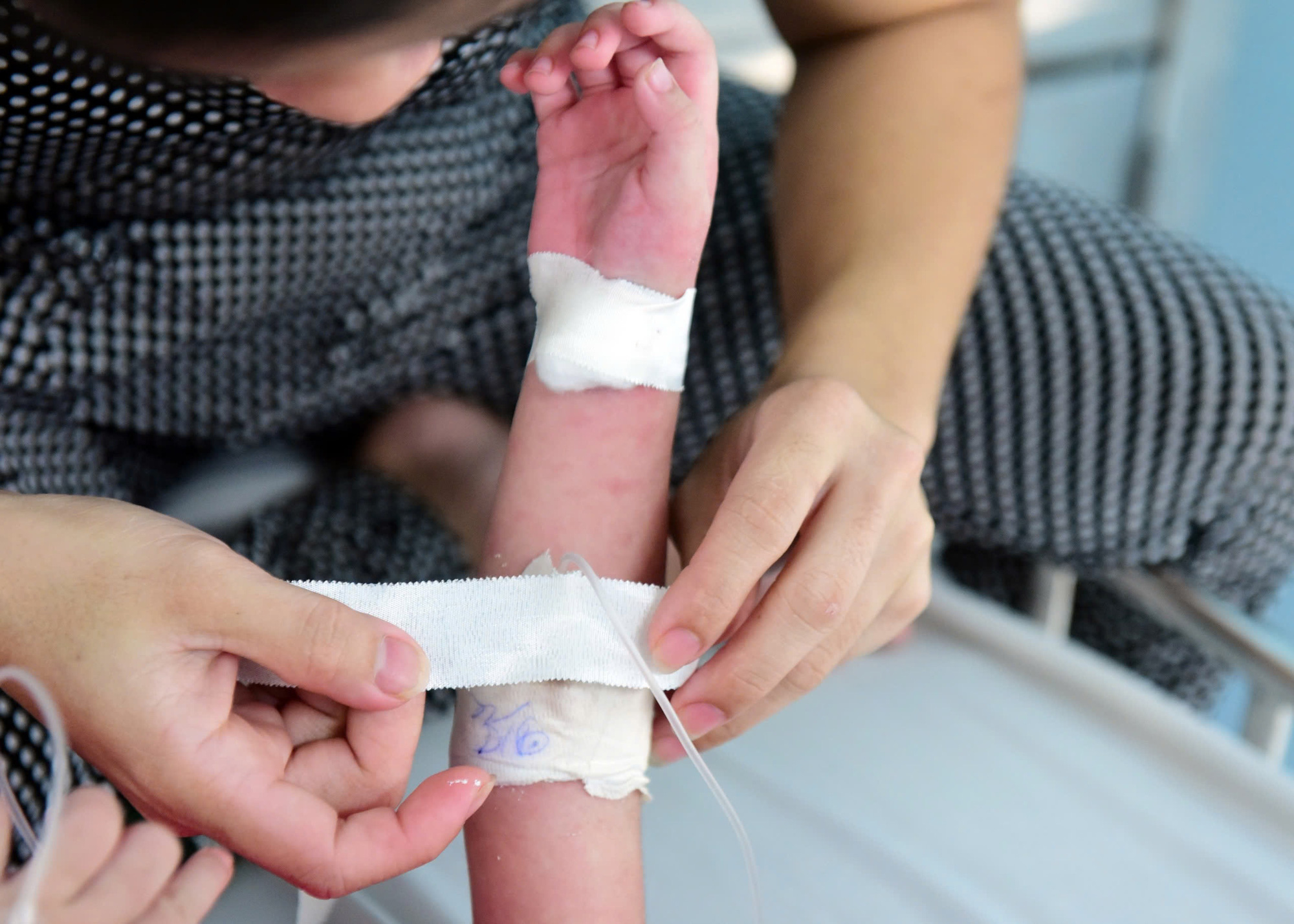
Children being treated for measles at Children's Hospital 1, Ho Chi Minh City - Photo: DUYEN PHAN
Associate Professor, Dr. Nguyen Vu Trung - Director of the Pasteur Institute of Ho Chi Minh City - said so at the scientific conference on Infectious Diseases and Public Health Issues after the COVID-19 pandemic, organized by the Pasteur Institute of Ho Chi Minh City on November 22.
According to Associate Professor Vu Trung, laboratory diagnostic technology and artificial intelligence (AI) are playing an increasingly important role in the fight against infectious diseases.
Artificial intelligence is a system that includes extremely complex technologies, accessing information, processing information, making decisions similar to what humans do, supporting humans in processing and processing speed is extremely fast...
Clinical and laboratory information is integrated into algorithms, enabling policymakers, clinicians, and preventive medicine practitioners to make evidence-based decisions.
Through cloud computing platforms, artificial intelligence can process huge amounts of data in real time.
At the same time, monitor infectious disease outbreaks, analyze medical images, detect disease signs, develop tests such as PCR, gene sequencing, bacterial culture, morphological observation, biochemistry, serology... more quickly and accurately, thereby responding and isolating infectious diseases in a timely manner.
In addition, the application of AI in the field of phage therapy brings new hope to the fight against bacterial drug resistance.
AI technology accurately simulates complex interactions between pathogens, hosts, and drugs, revealing the characteristics of bacterial infections, and developing optimal vaccine and drug design.
Scientists in the field of medical applications are very interested in artificial intelligence, Associate Professor Vu Trung said.
Can artificial intelligence replace people working in epidemic prevention?
At this conference, there were questions about whether artificial intelligence can replace people working in epidemic prevention?
Answering this question, Associate Professor Vu Trung said: "In many situations, artificial intelligence can fulfill many tasks of clinicians, people working in laboratory diagnosis, and people working in epidemic prevention."
However, artificial intelligence cannot replace humans. Because in the end, humans are still the ones who make decisions.
"The information and decisions made by artificial intelligence are for reference only. Although the decisions can be 80-90% accurate, even nearly 100%, the final decision is still made by humans," Mr. Vu Trung explained.
Source: https://tuoitre.vn/tri-tue-nhan-tao-la-cong-cu-tiem-nang-trong-phong-chong-benh-truyen-nhiem-20241122171906098.htm



![[Photo] General Secretary To Lam receives King Philippe of Belgium](https://vstatic.vietnam.vn/vietnam/resource/IMAGE/2025/4/1/e5963137a0c9428dabb93bdb34b86d7c)
![[Photo] Prime Minister Pham Minh Chinh meets with King Philippe of Belgium](https://vstatic.vietnam.vn/vietnam/resource/IMAGE/2025/4/1/be2f9ad3b17843b9b8f8dee6f2d227e7)
![[Photo] Close-up of Vietnam's sniffer dog team searching for earthquake victims in Myanmar](https://vstatic.vietnam.vn/vietnam/resource/IMAGE/2025/4/1/d4949a0510ba40af93a15359b5450df2)
![[Photo] President Luong Cuong and King Philippe of Belgium visit Thang Long Imperial Citadel](https://vstatic.vietnam.vn/vietnam/resource/IMAGE/2025/4/1/cb080a6652f84a1291edc3d2ee50f631)



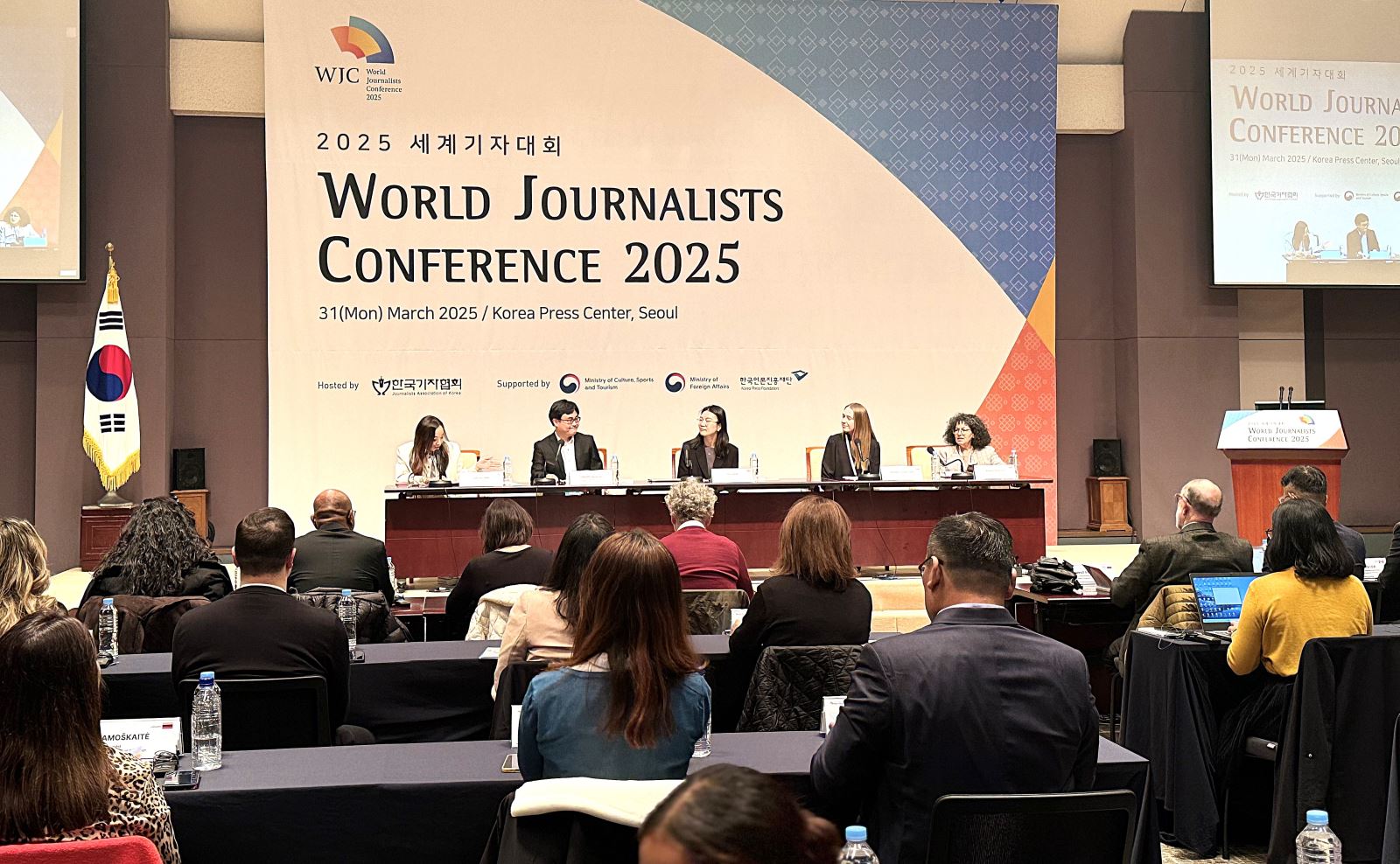

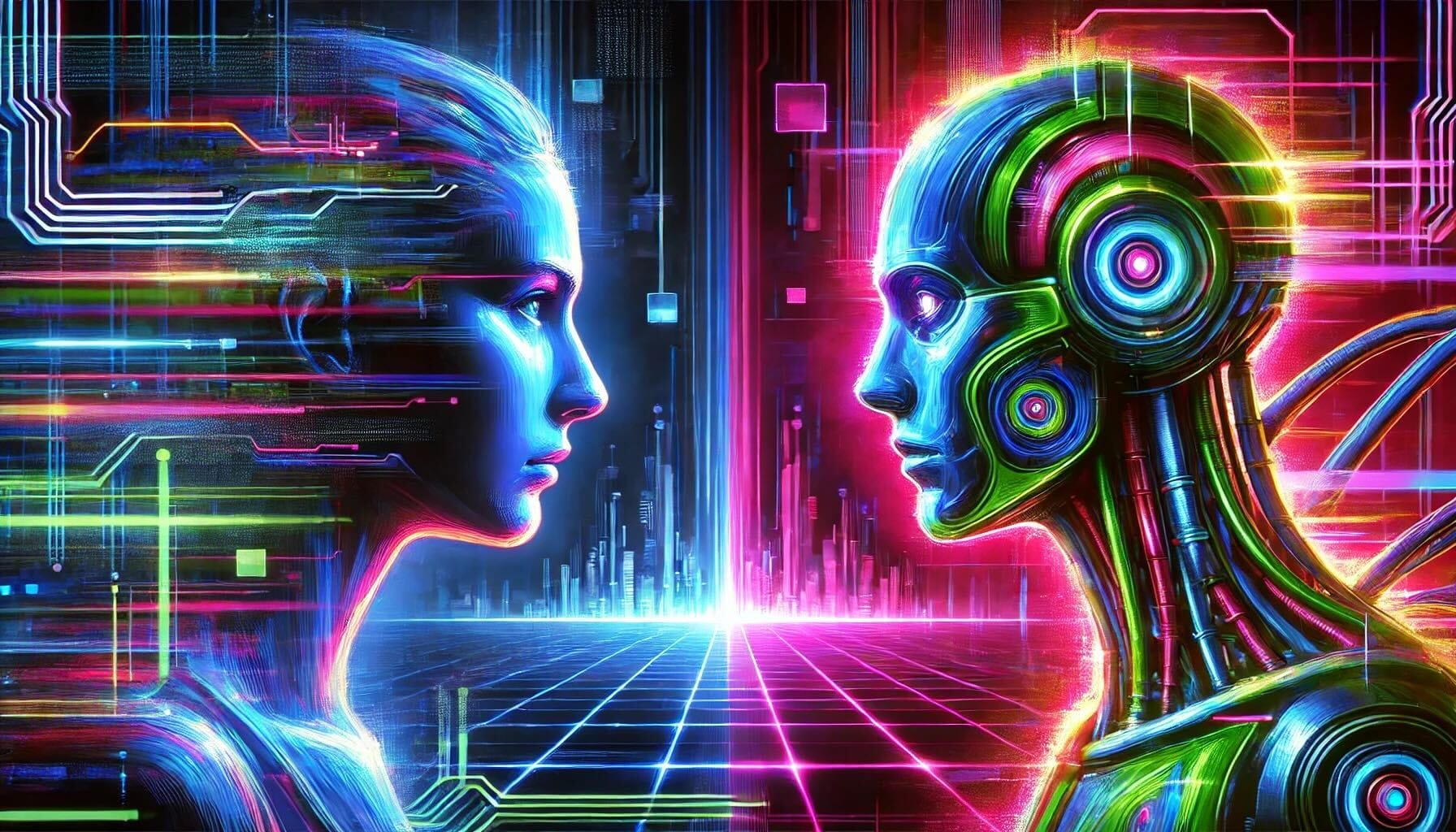
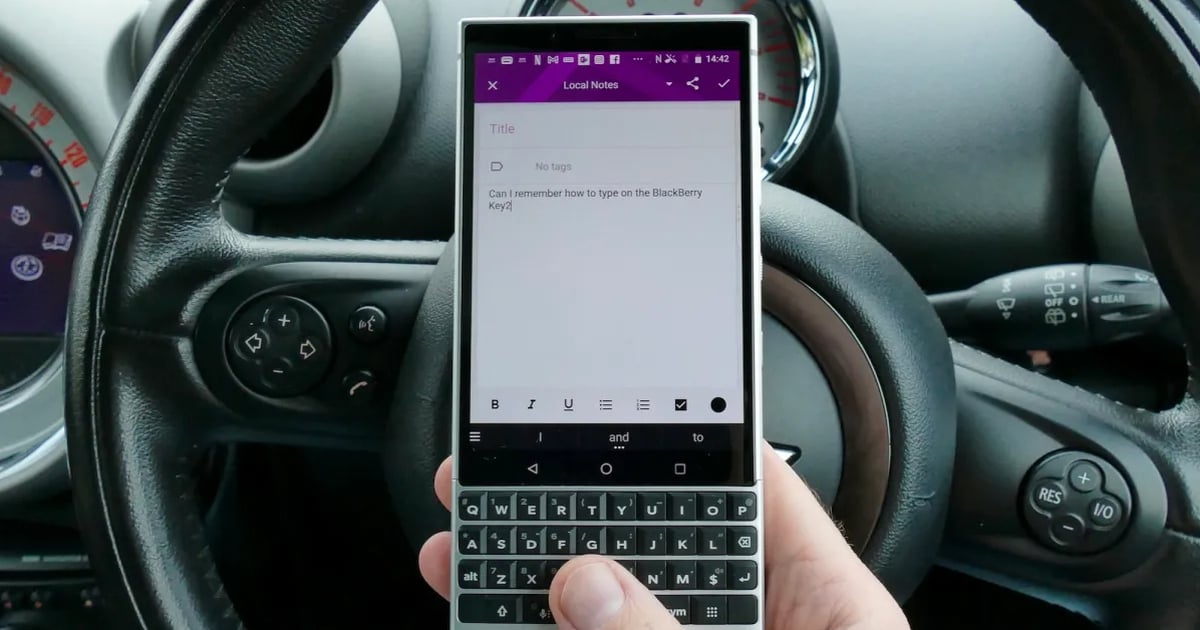

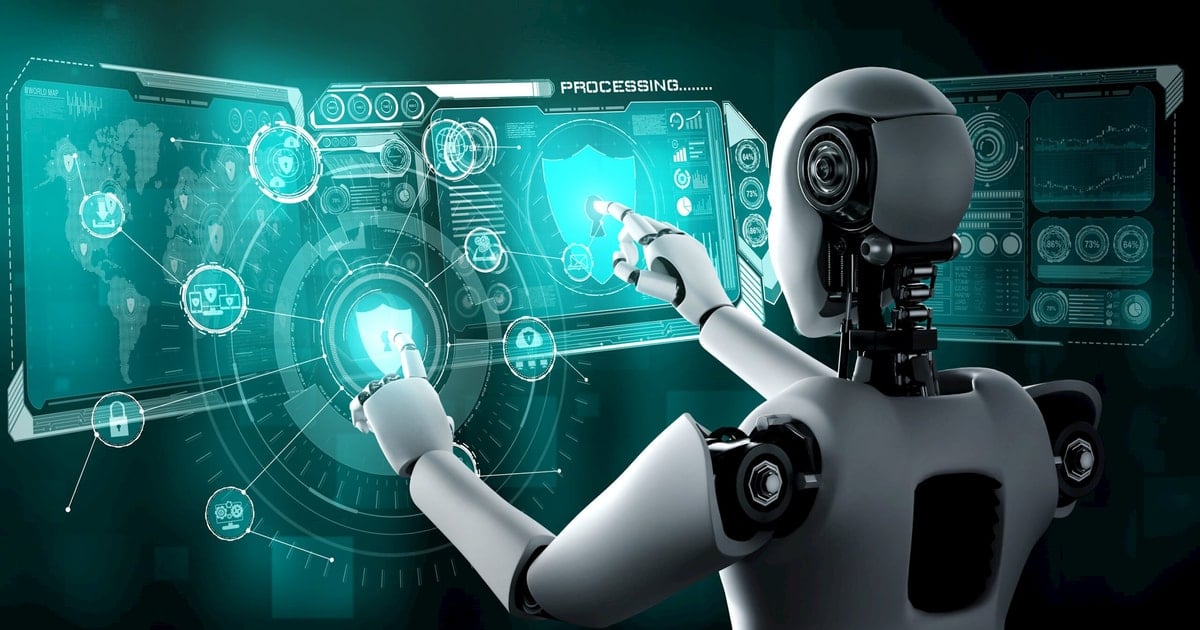

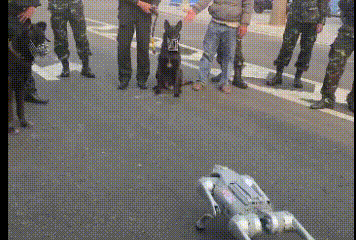
















![[Photo] Myanmar's capital in disarray after the great earthquake](https://vstatic.vietnam.vn/vietnam/resource/IMAGE/2025/4/1/7719e43b61ba40f3ac17f5c3c1f03720)

















































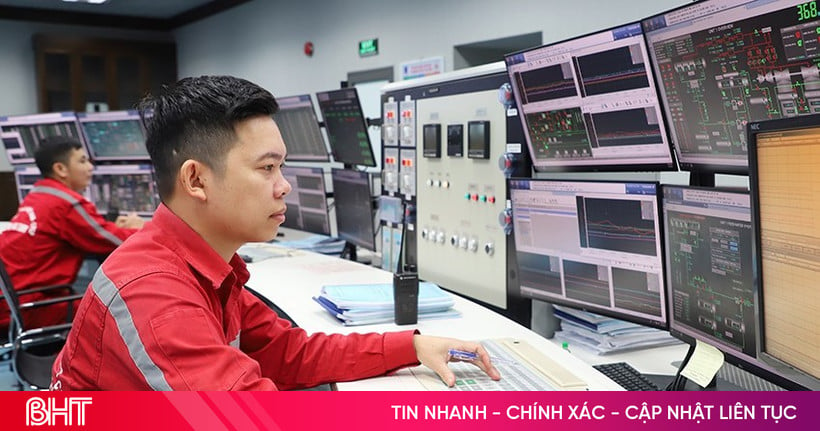












Comment (0)